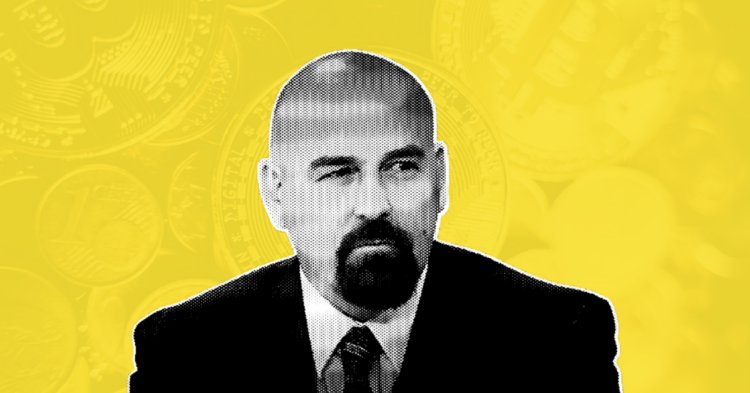As the United States gears up for its early November elections, the political landscape in Massachusetts takes center stage. On October 15, Democratic Senator Elizabeth Warren and her Republican challenger John Deaton met in Boston for their first senatorial debate. The event was marked by a thorough discussion spanning over an hour, covering a wide array of topics including cryptocurrency regulations, housing inflation, abortion rights, and healthcare.
The Political Dynamics in Massachusetts
Senator Elizabeth Warren, a prominent figure in the Democratic Party, enjoys a significant advantage due to Massachusetts’s strong Democratic inclination. Recent data from a Polymarket poll shows a 96.7 percent likelihood of a Democratic win in the upcoming elections, further highlighting the challenging path ahead for any Republican candidate.
Despite these odds, John Deaton remains unfazed, determined to unseat Warren. His campaign has heavily criticized Warren’s stance on cryptocurrency, accusing her of stifling innovation in the industry. This sentiment resonates with national Republican rhetoric, as Republican presidential candidate Donald Trump has pledged to shield the crypto industry from what he perceives as overreach by Warren and SEC Chair Gary Gensler.
Key Crypto Takeaways from the Warren vs. Deaton Debate
With John Deaton’s strong ties to the crypto community—having represented over 70,000 XRP holders in the Ripple vs. SEC case—the debate naturally gravitated towards cryptocurrency regulation. Deaton criticized Warren’s perceived hostility towards the crypto sector, citing that 90 percent of his campaign funding is derived from the cryptocurrency industry.
Senator Warren countered by highlighting the potential conflict of interest, warning that if Deaton were elected, his allies in the crypto sector would expect legislative favors. Warren emphasized her support for crypto innovation, provided that it operates within a regulated framework akin to other industries. She argues that this approach is essential to ensure fairness and safety for all market participants.
Deaton, on the other hand, accused Warren of prioritizing her anti-crypto stance over more pressing issues like inflation. He argued that Warren’s efforts to regulate the crypto space could be better directed towards combating the economic challenges faced by everyday Americans.
Concluding Thoughts
The Warren vs. Deaton debate has underscored a critical juncture in Massachusetts politics, bringing to light the contrasting visions of the two candidates. As voters prepare to make their decision, the key issues of cryptocurrency regulation, economic policy, and healthcare remain at the forefront. The outcome of this election could have significant implications not only for Massachusetts but for the broader national discourse on these vital topics.











